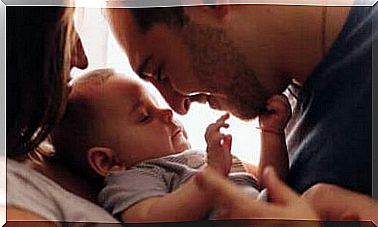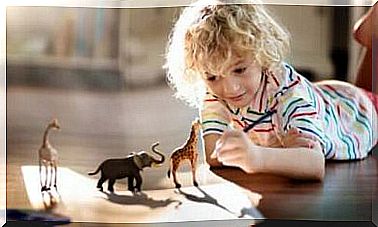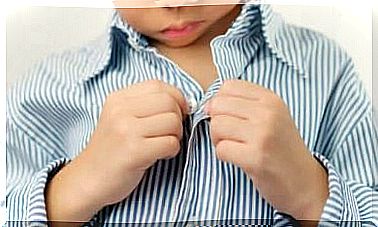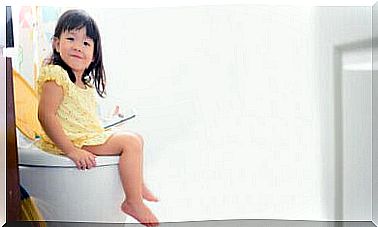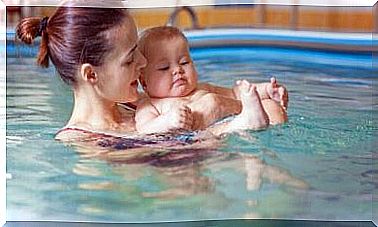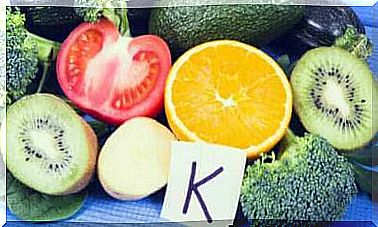Did You Know That We Have Stem Cells In The Baby Teeth?

Did you know that there are stem cells in baby teeth? It’s true! Dental care has been revolutionized with this amazing discovery.
Few people know that in addition to the umbilical cord and bone marrow, baby teeth are also rich in stem cells. Stem cells extracted from the baby teeth differ from those extracted from the umbilical cord.
This discovery came in 2003 when a researcher from the National Institutes of Health confirmed that stem cells are found in tooth mass that is covered by dentin on baby milk.
The benefits of using stem cells to treat various health problems in humans have received much attention in recent years. We all want to use stem cells to regenerate tissues and look healthier and younger.
The best thing about stem cells is that they can be multiplied and separated to form other cells that can renew a variety of tissues and organs.
Stem cells in the baby teeth – fantastic cells!
The cells obtained from baby teeth are called mesenchymal and have the ability to regrow many complete organs and other parts of our anatomy.
They can renew bones, muscles, body fat, cartilage, pancreas, heart or even nerve cells in the brain. In this way, stem cells have an enormous regenerative potential.
Mesenchymal cells can be extracted from the baby’s baby teeth (or from adult wisdom teeth) and they can cure certain heart diseases as well as:
- Parkinsons
- Alzheimer’s
- Diabetes
- Paralysis due to spinal cord injuries
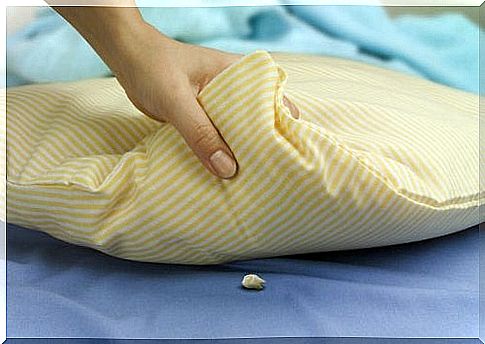
IMPORTANT
Stem cells in the baby teeth can be used to treat diseases in the first or second degree in relation to the patient: siblings, parents, grandparents, aunts, uncles, etc.
Where are the stem cells?
These cells (located in the soft inner part of the baby teeth) serve to regenerate the living part of the tooth. They generally grow to around six years of age and fall out naturally between six and twelve years.
These teeth should be preserved in a specialized laboratory.
If the tooth falls out at home or elsewhere…
If the tooth falls out at home or elsewhere than the dentist’s office, immediately put it in a glass of milk and place it in the refrigerator. If you do, it is very likely that the stem cells can be grown and preserved successfully.
The first 48 hours after the tooth has fallen out are critical. The tooth should be packaged, sent and received by the laboratory during this time to successfully isolate the cells.
American dentists recommend extracting baby teeth before they fall out. They advise parents to keep their teeth professional before they fall out.
Apart from practice in the United States , many dentists do not recommend extracting baby teeth unnaturally. The reason for this is:
The baby teeth are a new source of youth that everyone wants as soon and as easily as possible. The lack of patience in society leads to an extremely aggressive market that aims to extract teeth from young children prematurely .
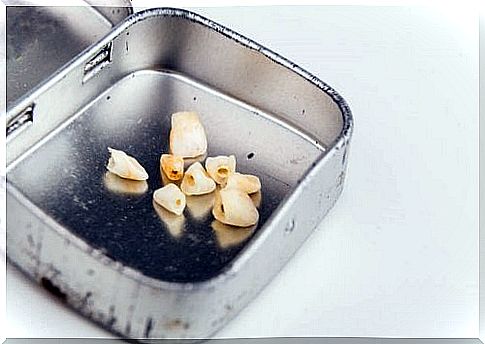
Keep an eye on your baby teeth!
If you are interested in saving your baby’s baby teeth for the future, specialists recommend discussing this with a stem cell bank of your choice.
There you will receive a bio-kit with everything needed to save the tooth safely until you hand it over to the laboratory staff.
In fact, wisdom teeth also have a large proportion of this type of cells that have been shown to be able to regenerate damaged corneas.
Traditionally, many mothers around the world have saved their children’s baby teeth.
Have you ever seen a box with baby teeth in it? Maybe you will not see them the same way in the future.
That tradition can change. Instead of storing the baby teeth in a box, mothers can start storing them in a stem cell bank where they can be stored in laboratories.
They will be there if needed, in case of fighting a disease or renewing an organ in the body.
